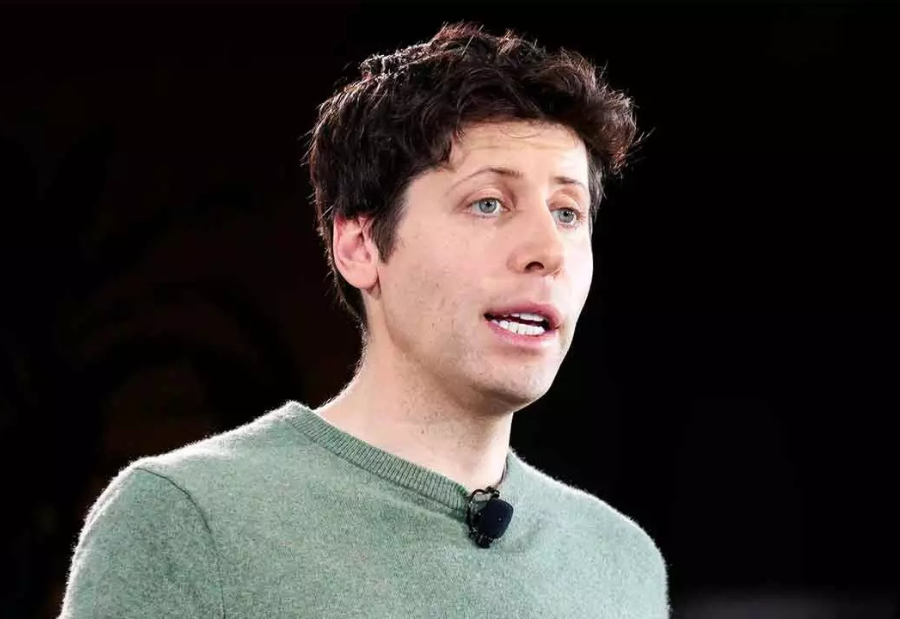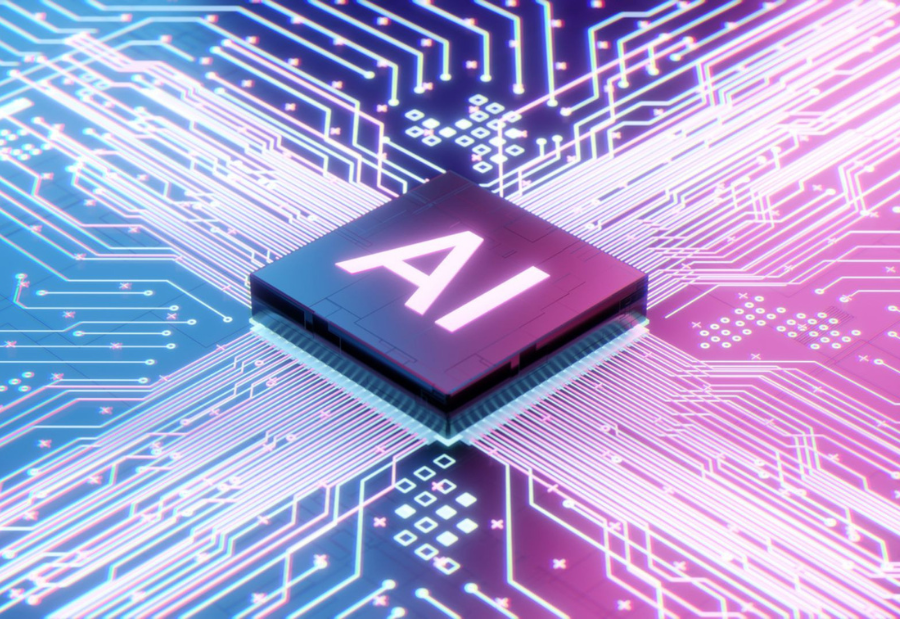OpenAI chief Sam Altman has praised a major breakthrough in artificial intelligence after a research group introduced Kosmos, a next generation AI Scientist built to speed up scientific discovery. Altman described the development as “exciting” and said systems of this kind would become some of the most important contributions of AI in the coming years.
Kosmos is the latest version of the AI Scientist previously known as Robin. It is now being managed by Edison Scientific, a new commercial branch that will operate the system while offering a free tier for academic users.
According to a detailed report, Kosmos is designed to handle the vast amount of information needed for advanced research. Traditional AI tools struggle with long and complex reasoning because they can only manage limited context at one time. Kosmos tries to fix this using structured world models. This approach allows it to use information gathered across hundreds of agent runs while staying focused on one research objective, even when processing tens of millions of tokens.
A typical run of Kosmos involves reading around one thousand five hundred scientific papers and running more than forty two thousand lines of analysis code. Early users say that one Kosmos run can match work that usually takes a human scientist about six months. Internal testing shows that almost eighty percent of its conclusions were accurate.
Future House listed seven discoveries made by Kosmos during testing. Three of these reproduced earlier findings, including changes in nucleotide metabolism in the brains of hypothermic mice, the role of absolute humidity during thermal annealing in perovskite solar cells, and mathematical rules for neuronal connectivity across species. Kosmos also produced four new insights. These include a possible link between higher SOD2 enzyme levels and reduced heart fibrosis in humans, a new explanation for how a genetic variant may lower the risk of Type 2 diabetes, a new method to study tau protein buildup in Alzheimer’s disease, and evidence that ageing neurons in the entorhinal cortex may lose expression of flippase genes, exposing “eat me” signals that attract microglia. This last finding was later seen in human Alzheimer’s data.
Edison Scientific says some of these discoveries are now being tested in wet labs. A key part of Kosmos is that every conclusion can be traced back to the exact lines of code or scientific passages that informed it, helping avoid the “black box” problem seen in many AI tools.
Kosmos is available for two hundred credits per run, equal to two hundred dollars. Academics will receive free access, and early customers can secure current prices before they increase. The creators emphasise that Kosmos is not a chatbot but a specialised scientific tool. It can also produce dead ends or follow patterns that are statistically interesting but not scientifically useful, so some projects may need multiple runs.
Also read: Viksit Workforce for a Viksit Bharat
Do Follow: The Mainstream formerly known as CIO News LinkedIn Account | The Mainstream formerly known as CIO News Facebook | The Mainstream formerly known as CIO News Youtube | The Mainstream formerly known as CIO News Twitter
About us:
The Mainstream formerly known as CIO News is a premier platform dedicated to delivering latest news, updates, and insights from the tech industry. With its strong foundation of intellectual property and thought leadership, the platform is well-positioned to stay ahead of the curve and lead conversations about how technology shapes our world. From its early days as CIO News to its rebranding as The Mainstream on November 28, 2024, it has been expanding its global reach, targeting key markets in the Middle East & Africa, ASEAN, the USA, and the UK. The Mainstream is a vision to put technology at the center of every conversation, inspiring professionals and organizations to embrace the future of tech.




